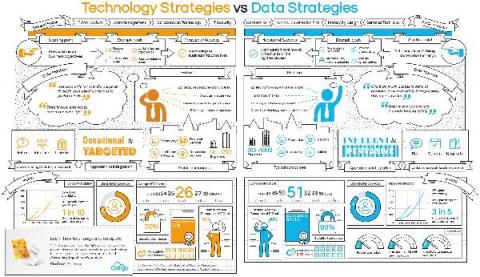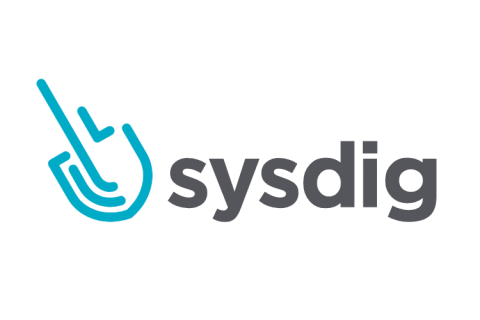What sort of CIO are you going to be in 2021?
2020 was a lot of things. Unexpected. Tough. Frightening. Frantic. It was also revealing. Most CIOs were asked to enable ways of working and doing business that they had not considered necessary before. Others had maybe always known such moves were wise, but had never been able to dedicate the time, resource or budget to such endeavours. Or, ironically, had never been able to prove the business case. Either way, too many were caught under-prepared.










